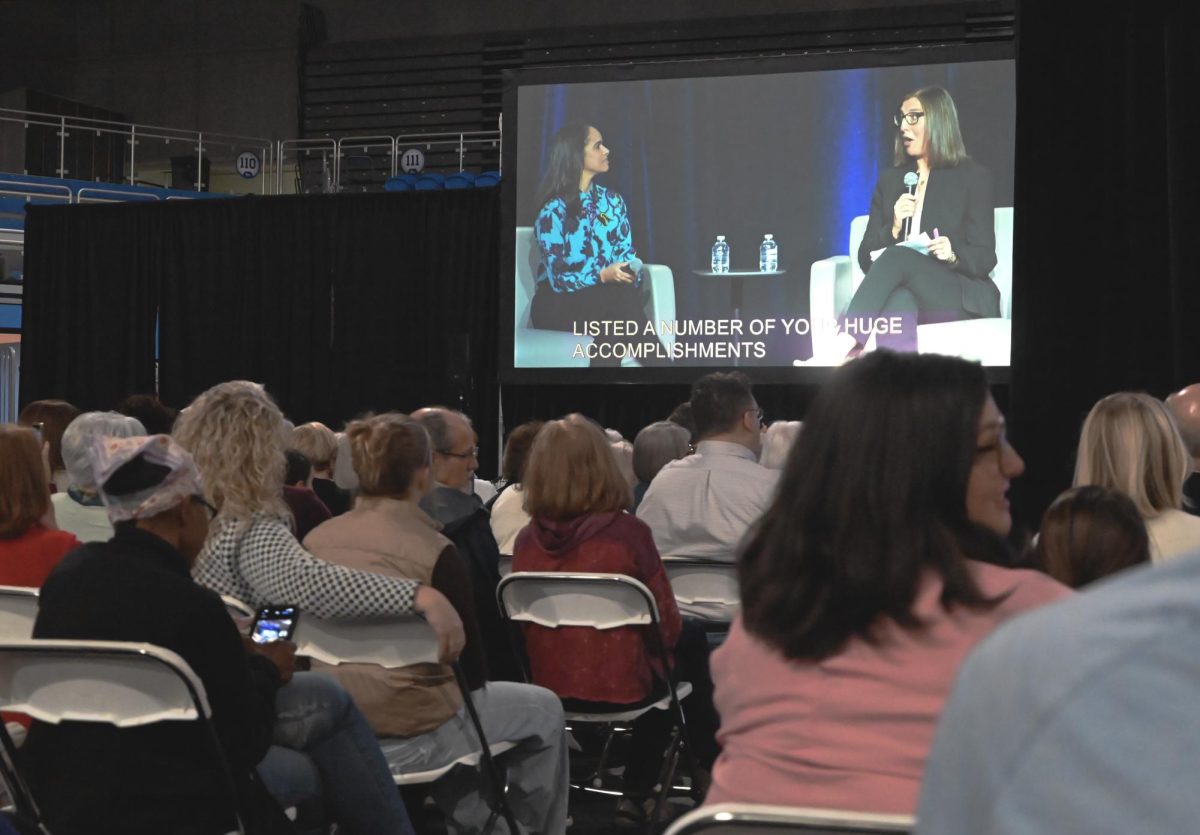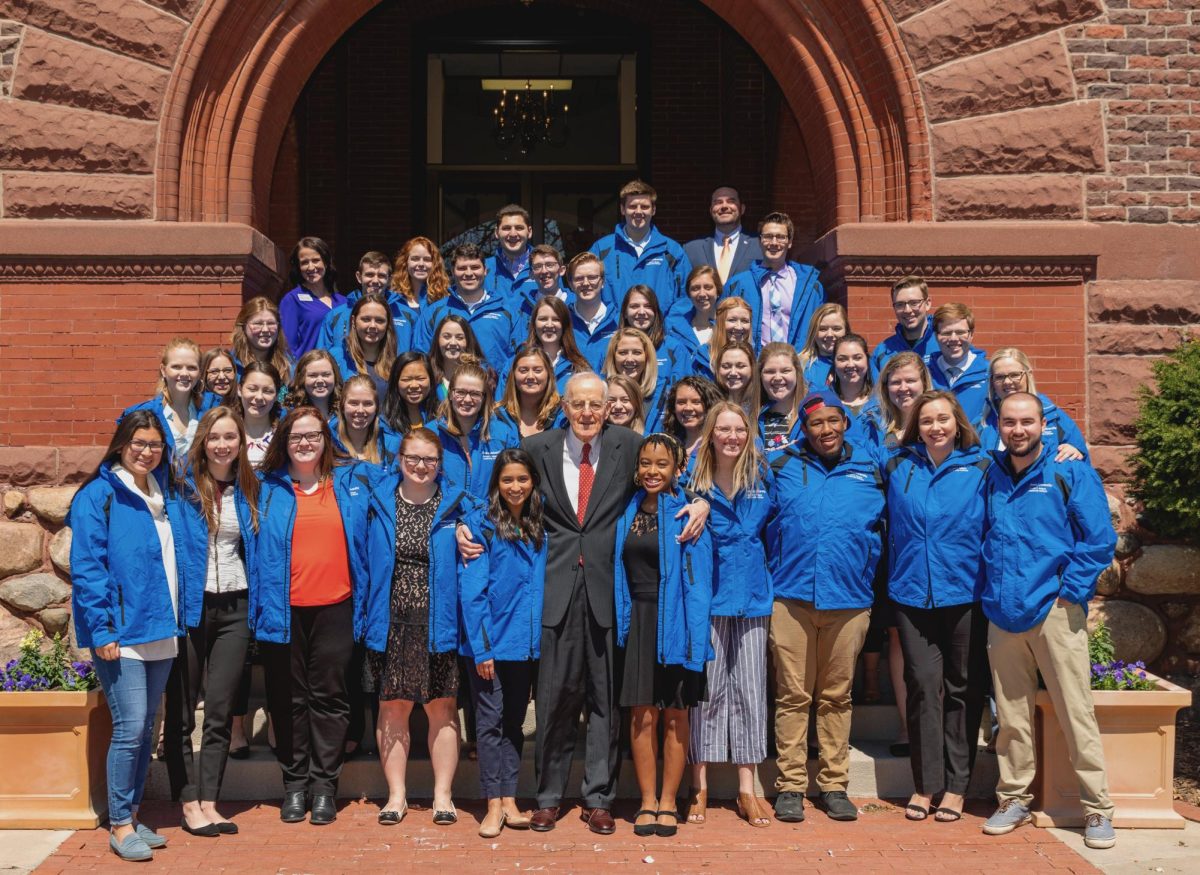By ERIN O’BOYLE
As someone who is very new to the horror movie genre, I was hesitant to go see the new film “Us” in theaters. But I knew I would enjoy Jordan Peele’s work, so I gave it a shot. And I can’t stop thinking about it. Particularly the stunning social commentary that made Peele’s “Get Out” so popular when it came out in 2017.
To set the stage for analysis, the film’s title “Us” can be read in one of two ways. The first, as is intended, highlights the fact that the main family in the film, the Wilsons, will be hunted by their doppelgängers. But the title can also be read as “U.S.,” which highlights the underlying themes throughout the film. Though these themes are not quite as overt as those in “Get Out,” they are still just as powerful.
Towards the end of this film, it is revealed that the doppelgängers are clones called the Tethered that were left to live underground after a failed government experiment. And the main character, Adelaide (Lupita Nyong’o) was actually one of the Tethered all along. Audiences had previously been led to believe that Adelaide had grown up with the trauma of encountering her double in a house of mirrors as a child. In reality, however, Adelaide’s double had dragged her underground and trapped her there, leaving her to rot while her double went on to enjoy life above ground.
Much of the movie up until this reveal takes on a new meaning when audiences realize that Red (Adelaide’s double) was truly the real Adelaide. Red had spent most of her entire life underground, planning a revolution with the other Tethered to take back her life above ground. So now, the protagonist that we’ve been following and rooting for during the entire film becomes more sinister. And we begin to question whether the primary villain was really a villain after all.
At one point early on in the film, Adelaide asks the doubles, “Who are you?” Red gives an unusual response that takes some analysis to really understand. “We’re Americans.”
Knowing that Adelaide was really one of the Tethered who had spent her life adapting to above-ground society, themes of assimilation and immigration come into play. Many immigrants feel pressured to leave behind their roots to become a full-fledged American. So do they ever stop being part of their own culture? Or will it always stick with them, as Adelaide’s trauma did with her?
The theme of the separation of the Tethered living underground and regular people living above ground introduces another theme of duality, which has been threaded throughout the film. When you think about it, there are really two separate and distinct Americas. There is one of privilege and opportunity, characterized by the American Dream. This is represented by the Wilson family’s upper-middle class status. For the majority of the film, Adelaide’s husband Gabe even wears a Howard University sweatshirt, indicating that he attended the prestigious university. But there is also another America behind the scenes, where society is divided, and people must fight to survive. This is represented by the chaos underground, where test rabbits and the Tethered absently copy the actions of their above ground counterparts but reap none of the benefits.
Jordan Peele’s “Us” is definitely a film that deserves several viewings, as I expect to find more thematic elements with every watch-through. These are just the themes that stood out to me on first viewing. I highly, highly recommend this film. With symbolism, horrific imagery, and moments of comedy throughout, this film provides something for everyone to enjoy.






